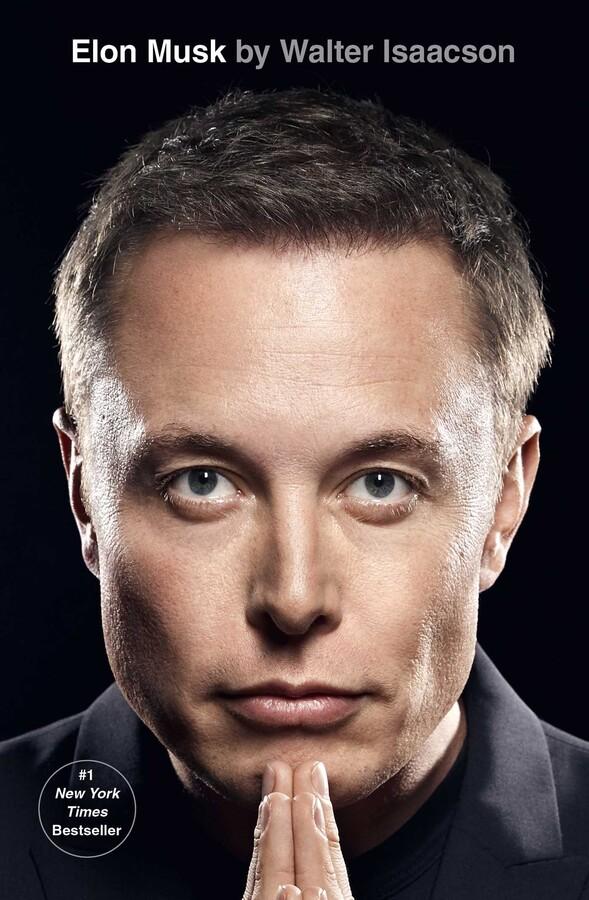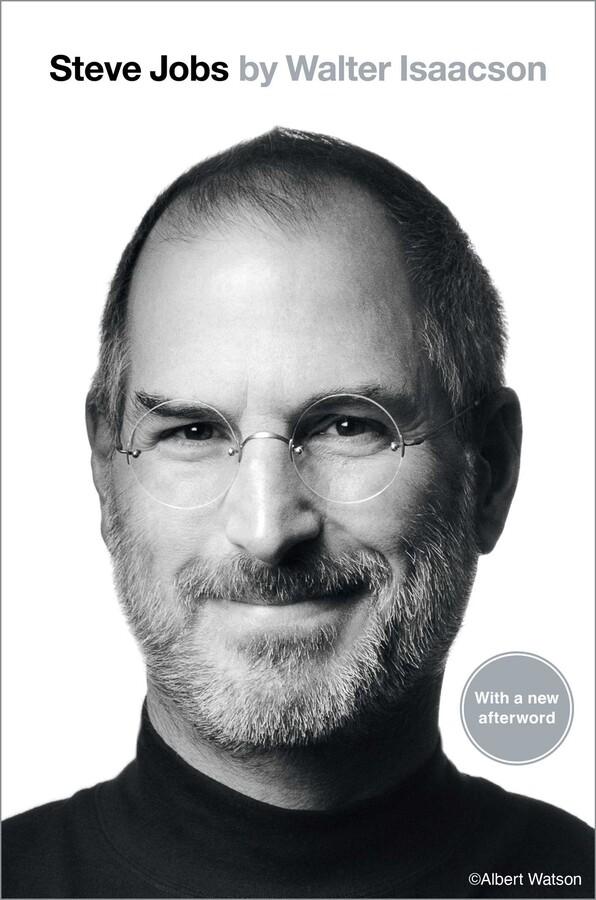To redeem Musk as a Jobs-like genius, Isaacson leans heavily on the “crazy” element of the “think different” campaign. It is the “crazy ones,” the ones who go all in at poker, who change the world. The problem is, as the biography progresses, the craziness intensifies even as it bears little connection to the genuine achievements of Musk’s companies, which are adeptly run by very talented employees who do their best to keep Musk out of the way. Isaacson tries to craft a coherent narrative out of such life events as: Musk accusing a British caver who helped save trapped Thai soccer players of being a “pedo guy”; smoking a fat blunt on Joe Rogan’s podcast while talking about our coming A.I. overlords; naming his son with the musician Grimes X Æ A-Xii. Isaacson attempts humor at times, affecting the befuddled tone of a naive grandfather regaling internet drama. When Musk takes over Twitter, Isaacson frames the chaos as a kind of clownish farce.
The contrived goofiness distracts from the troubling reality that, as Musk grew more deranged, his power increased. By 2021, when Isaacson began reporting the book, Musk was running two of the world’s most important companies: Tesla and SpaceX (including its subsidiary Starlink). Isaacson got to see in real time how Musk wielded his influence. One evening, in September 2022, Musk messaged Isaacson to tell him that Ukraine was planning a surprise attack on a Russian naval fleet in Crimea with Starlink-connected submarine drones. Musk told Isaacson he believed there was a “non-trivial possibility” that such an attack could trigger nuclear war, so, as Isaacson tells it, “he reaffirmed a secret policy that he had implemented, which the Ukrainians did not know about, to disable coverage within a hundred kilometers of the Crimean coast.” But Isaacson got the facts wrong. There was no Starlink coverage enabled all the way to Crimea to begin with. The Ukrainians asked Musk to switch it on for their drone attack, but he declined. Much was made of this error after Musk was published, but more concerning than Isaacson’s errant reporting was his indifference to the fact that, whether Musk made the order directly or simply affirmed the preexisting geographical limit, the final decision was still ultimately his alone, giving Musk almost state-like authority. Isaacson fails to call this for what it is: a completely undemocratic consolidation of power. Instead, Isaacson tempers the whole terrifying ordeal by assuring us that Musk never sought such power. “Starlink was not meant to be involved in wars,” Musk told Isaacson during a late night phone call. “It was so people can watch Netflix and chill and get online for school and do good peaceful things, not drone strikes.” Once again, Isaacson’s performance of neutrality precludes him from a clear-eyed assessment of his subject. If Kissinger was a serial killer dressed up as a peacemaker, Musk is a mad, petulant oligarch dressed up as a genius.

